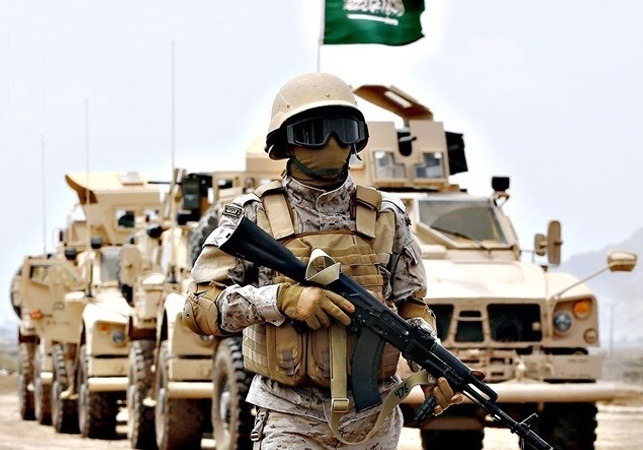Yemeni sources reported on Friday that the ceasefire was being violated in al-Hudaidah and that Saudi fighters were again invading various parts of the Marib Province. Saudi fighters have once again bombed the Sarwah district in Marib Province and have violated the truce 77 times in al-Hudaidah. The Majzar district in Marib was also targeted six times by Saudi jet fighters.
Regarding the goals of Saudi Arabia and the regime’s repeated violations of the ceasefire, it should be noted that after five years of a brutal war by the Saudi-led coalition against the Yemeni people, which resulted in very high human losses and economic costs for deprived Yemen, now considering the declining oil prices and a budget deficit of $150 billion in 2020, it appears that the Saudi regime no longer has the capability to continue the war in Yemen. Over the past five years, Saudi Arabia has spent a total of $350 billion on the war against Yemen. In other words, the Yemeni war has cost Riyadh an average of 70 billion a year.
On the other hand, in the last 5 years, especially in the last year, many member states of the Saudi coalition have withdrawn from the alliance due to the prolongation of the war and the brutal killings of children by the Saudi coalition; even the United Arab Emirates, which is one of Saudi’s main allies, has left the coalition. Riyadh has also recently concluded that Europe will not be able to send weapons to Saudi Arabia in the wake of the coronavirus crisis. In this regard, both the United States and Europe have recently stated that they will not provide military weapons to the Al-Saud regime.
The combination of these factors prompted Saudi Arabia to propose a ceasefire plan to Ansarullah. Over the past 10 days, however, Saudi Arabia has continued its airstrikes against the Yemeni people, despite the unilateral ceasefire. Nonetheless, it can be said that Saudi Arabia has lost the ability to continue the war and is trying to get out of the Yemeni quagmire in a way that it will not be considered the defeated side. Ansarullah and the Yemeni revolutionary forces agreed to a ceasefire, provided that it will be monitored by the United Nations and that the UN would set up a fact-finding committee to identify the aggressor and determine the damage caused by Saudi Arabia’s five-year war against Yemen.
Also, upon demand by Ansarullah, Riyadh must pay the war damages to Yemen but Saudi Arabia continues to bomb the Yemeni people in order not to be declared the loser of the war and escape from these conditions and preconditions. Therefore, it seems that Riyadh is making its last efforts to get out of this war in a face-saving manner and without paying any reparations to the Yemeni people. In such a situation, it should be said that Saudi Arabia, both militarily and economically, as well as internationally, is facing isolation and defeat, and is unable to continue the war in Yemen. Moreover, at present, the political initiative is in the hands of the Yemeni revolutionary forces.
Finally, it should be noted that Saudi Arabia is trying to pretend that it has won many victories in the war in Yemen and that these victories are summed up in the scattered bombings of the Yemeni people. But the people of Yemen, Ansarullah, and the revolutionary forces will certainly be watching Saudi Arabia’s movements intelligently, and they will not allow Saudis to impose peace on them, just as it imposed war on them. That is, without paying compensation, it wants to get out of the quagmire in Yemen after 5 years of attacking innocent people. Therefore, it can be said that the conflicts will continue sporadically in future unless Saudi Arabia gives in to the will of the Yemeni people, the revolutionary forces and Ansarullah.










0 Comments